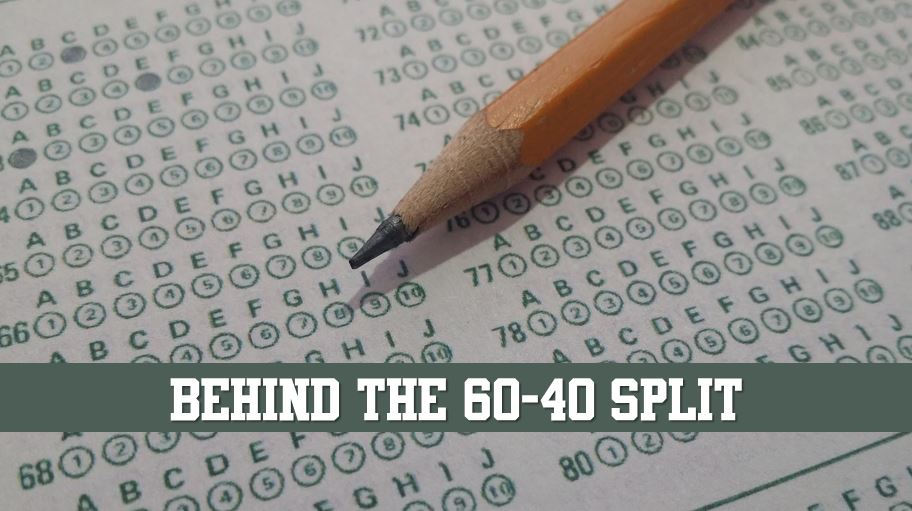This school year, the grading policy in Keller ISD has changed once again — and many students aren’t happy about it.
During the 2014-15 school year, formative grades, such as daily work and quizzes, were worth 60-percent of a student’s overall average in a class, and summative grades, such as tests and major projects, were worth 40-percent.
However, for the 2015-16 school year, the policy has flipped and summative grades are now worth 60-percent and formative worth 40-percent.
“The guidelines were revised to reflect a concern among members of our high school faculties that our expectations with regard to preparation for exams was not adequate at 40%, and needed to be higher in a district where three of every four students will face college classes where summative exams are the only grades they will have,” Charles Carroll, Chief Academic Officer for Keller ISD told Talon.
“Summative grades aren’t always just test grades,” Carroll noted. “There is a wide spectrum of ways to gauge a student’s skills, it’s not always determined by pencil and paper.”
However, with this system, one grade could potentially make or break your 6 weeks’ average. One test or project that’s weighted more than anything else ultimately become the moment of truth.
A majority of the student body is united in thinking that this new policy is hurting their grades rather than boosting.
Timber Creek student Emily Cagle says that the new policy is a struggle.
“I don’t like the new grading policy. If I happen to fail one test, then that test grade drops my average, regardless of whether I have really great formative grades,” Cagle said.
Another student, Noah Pujol, agreed with Cagle.
“I absolutely hate the new grading policy because, as a Junior, my grades are very important to me and these are the grades that colleges are looking at,” Pujol said. “It’s important to keep them up and that’s hard to do when you’re maybe not as good at tests and those abysmal test grades bring down your average.”
However, not all students are against the new policy. Jonathan Samudio is in favor of it saying, “I’m really good at taking tests and doing well on them so for me, it helps my average and benefits me in the long run.”
In regard to the backlash the district faces from the policy change, Carroll says “everyone will have an opinion, teachers, students, parents and even just members of the community in general.”
According to Carroll, there’s a possibility that the policy could change, just not any time soon.
“The policy will come back up for review in about three years at our regulatory meeting, and by that time we can look at all the statistics and input and decide what’s best for the district,” Carroll said.
So while everyone has their own opinion on the policy change, it will be sticking around for quite some time.

